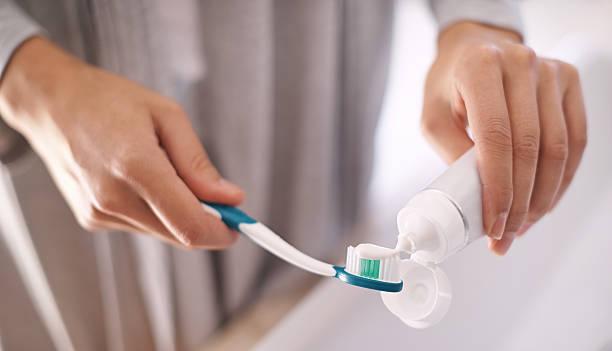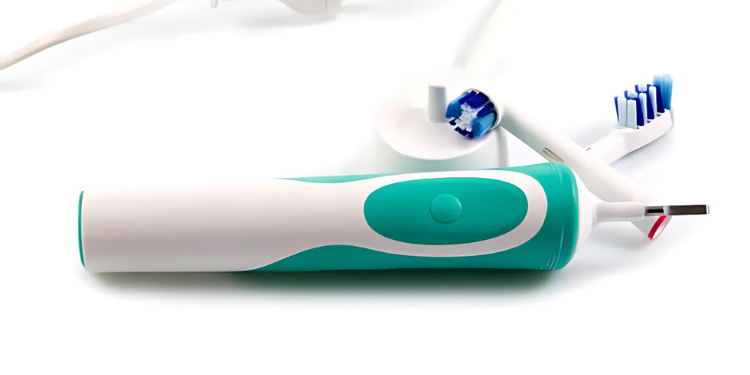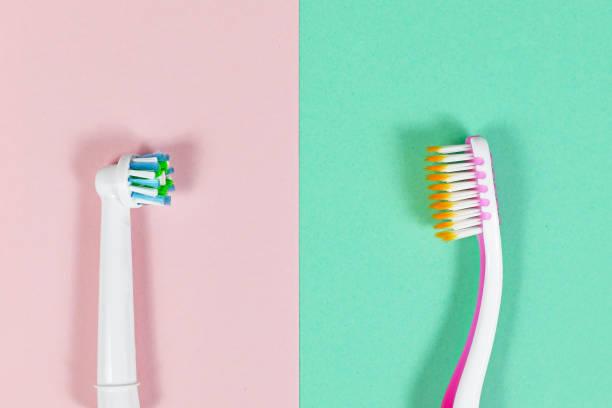
Oral hygiene and dental health are extremely important for consuming food comfortably. With good oral health, chewing functions progress well, and the first step of digestion is completed in a healthy way. This factor, which also improves our quality of life, allows us to feel good in our social life as well.
When teeth are not brushed effectively; many negative conditions such as plaque buildup, gum inflammation and cavities may occur. Gum sensitivity may develop, making it difficult to consume food. Factors that contribute to effective brushing include brushing techniques and the products chosen. In this article, we will discuss the features of manual and electric toothbrushes.
Manual vs. Electric: What’s the Difference?
When it comes to getting the best results while brushing our teeth, it is actually related to our brushing technique. Although it may seem that there is no difference between a manual and an electric toothbrush in this regard, some studies suggest that there is a difference between these two products in terms of factors such as plaque removal. The pressure sensor feature found in some electric toothbrushes, which helps to maintain optimal firmness is also a factor in the preference for this product.
Manual Toothbrush: The Classic Option

The manual toothbrushes, which we call the classic toothbrushes used by the majority of society, can provide sufficient oral hygiene with effective techniques. What are the advantages and disadvantages of manual toothbrushes, let's take a look.
Affordability and Accessibility
These products, which are more easily accessible compared to electric toothbrushes, are also cheaper. You can obtain manual toothbrushes from markets, pharmacies, and many healthcare facilities. Another advantage is that they do not need to be charged. Therefore, you can use them in places where you do not have access to electricity, without facing issues related to charging or batteries.
How to Use a Manual Toothbrush Effectively
You may brush your teeth a sufficient number of times during the day and use an effective toothpaste. However; if your brushing technique is incorrect, complete oral hygiene cannot be achieved. For example, applying pressure on the gums to clean is one of the mistakes made by those who use manual toothbrushes. Since gums are sensitive, brushing should be done gently.
One of the disadvantages of a manual toothbrush is that it’s difficult to apply the right amount of pressure, requiring more attention to technique. However, due to issues with technique, cost, and long-standing habits, many people continue to use manual toothbrushes.
Electric Toothbrush: The High-Tech Alternative

Today, we see an increase in the frequency of choosing electric toothbrushes. Electric toothbrushes can indeed offer significant advantages. The primary advantage is that they are more practical than manual toothbrushes and provide the necessary movement through their vibrations. Users who switch from manual to electric toothbrushes report achieving effective cleaning in a shorter amount of time.
Advanced Toothbrush Models
Some brands and models of these powered brushes come with a timer and pressure sensor. These products provide a timer for the time you should dedicate to each area in your mouth, reminding you of the optimal duration for effective oral cleaning. The pressure sensor eliminates issues of too much or too little pressure, often experienced with manual brushes. Additionally, some models feature modes for teeth whitening, sensitivity, and gum care, allowing for a personalized cleaning that suits your needs.
Ease of Use for People with Limited Dexterity
Electric toothbrushes are a very practical solution, especially for elderly individuals or those with limited mobility. The micro-vibrations and rotating head of the brush can provide the desired cleaning without tiring you.
Which One Cleans Better?
The results of experimental research reveal that electric toothbrushes are more effective than manual brushes in plaque removal. With a rotating head, they can reach areas of the teeth that are difficult to access, helping prevent cavities in these regions. This also helps prevent early-stage treatments like tooth extractions and implants that may be needed if decay develops.
Bleeding and inflammation in the gums are also common issues, often due to insufficient oral hygiene. Electric toothbrushes, which apply appropriate pressure to the gums, stand out more than manual brushes in this regard.
Factors to Consider When Choosing a Toothbrush

There are many factors that will affect your toothbrush selection. Although the electric option may seem to have more advantages, there are individuals who may struggle when using it. In these individuals, plaque buildup and gum bleeding can still be observed. The choice of toothbrush should be based on personal factors.
Budget for Toothbrush
If your budget is low, you are likely to choose manual toothbrushes. If you prefer the simpler, classic models of electric toothbrushes, the prices are not very high. If you want to try a different solution for your oral health or if your dentist recommends them, you can purchase these models. As your budget increases, you can opt for electric toothbrush models with pressure sensors, special sensitivity settings, gum care modes, and models that include various brush heads in the package.
Sensitivity and Specific Dental Needs
If you cannot maintain your oral health with a manual toothbrush and have specific oral care needs, you can explore electric models. If you prefer a manual brush, there are products available in various brush structures from soft to hard. However, like the electric models, you may not be able to provide different brushing levels evenly across all areas of your mouth.
Habits and Travel Plans
Another feature found in electric toothbrushes but not in manual ones is that these products run on rechargeable batteries or standard batteries. Depending on how often you use them, the battery/charge life may vary. If you are using an electric toothbrush and are traveling, you should remember to take your charger or spare batteries with you. This might be seen as an inconvenience for some individuals, and they may prefer manual brushes.
Sustainability of Electric and Manual Toothbrush
Some models of electric toothbrushes may cause more environmental damage due to the use of batteries. However, by choosing rechargeable models, you can reduce the potential negative environmental impacts.
As the Smile Center team, we are working to provide you with healthier tomorrows. If you would like more information on this topic and wish to speak with health professionals who specialize in the field, you can contact us via the communication details on our website. Smile Center is always by your side!
REFERENCES:
-
Petker-Jung W, Weik U, Margraf-Stiksrud J, Deinzer R. What characterizes effective tooth brushing of daily users of powered versus manual toothbrushes? BMC Oral Health. 2022 Jan 16;22(1):10.
-
Khan AA, Zehra F, Venkittu P, Thatchayani I, Harishma CV, Shafna S. Evaluation of the Efficacy of Manual Toothbrush Versus Power Toothbrush in Reduction of Gingivitis: A Comparative Clinical Study. J Pharm Bioallied Sci. 2022 Jul;14(Suppl 1):S1000-S1003.


